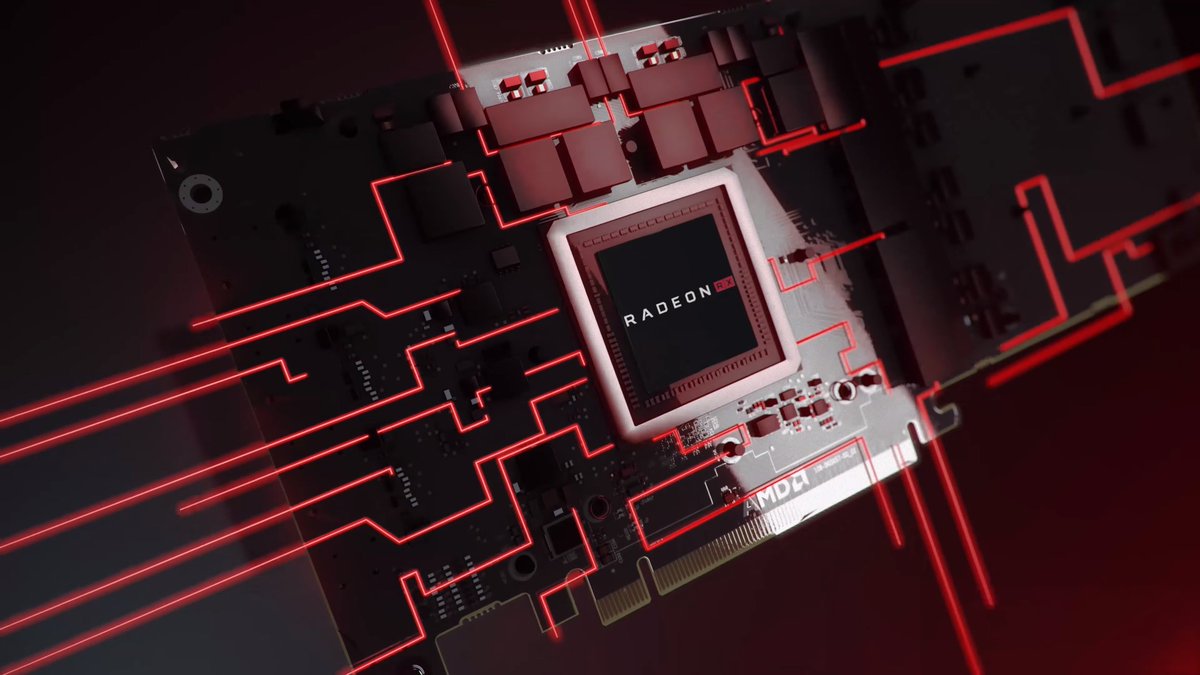There is a whooooole lot at play, but sequential vs random IOPS and throughput can vary widely due to no fault of the SSD or its controller. To say that high, sustained IOPS are only possible with sequential I/O is a generalization that isn't exactly true and you'll find many folks that will prove it wrong.
This is where application and system/kernel optimization play a huge part. You may think "Jeez, this SSD in my system is SO SLOW when writing data. It's awful!" and the problem isn't even the SSD at all but rather the I/O scheduler used isn't ideal for the storage, the application doing the writes is very inefficient when doing write ops, etc.
Sure, there are some SSDs that do better than others with certain tasks, but in my experience that was largely with early, smaller SSDs. Recent improvements in SSDs, controllers, and OS/kernel-level efficiency when using SSDs have resulted in faster, more consistent performance in all aspects.
Are your writes page-aligned? Are your partitions aligned with page boundaries? Are you using an I/O scheduler that doesn't waste cycles trying to order writes before sending them to a storage controller that doesn't care (Think Linux CFQ vs deadline or noop)? Is your application the bottleneck due to bad/inefficient code when writing data?
Throughput and IOPS are great for comparing drives in general/generic ways, but unless your application and OS are extremely efficient and properly aligned to the storage you won't see the full potential of the SSD and it won't be the SSD's fault. Random vs sequential IOPS are largely inconsequential when it comes to actual SSD performance, IMO. Seeing a large difference in performance between random and sequential with a modern SSD raises some red flags and I would call the application and OS into question as incorrect/inefficient system setup could be triggering GC on the SSD more often than it should and if the SSD's GC isn't great then bad writes can expose that. You could argue that poor GC causing poor SSD performance is the fault of the SSD but someone else could just as easily argue that the app/system are set up incorrectly and the SSD is incorrectly being blamed as the problem.
Just my $0.02.


